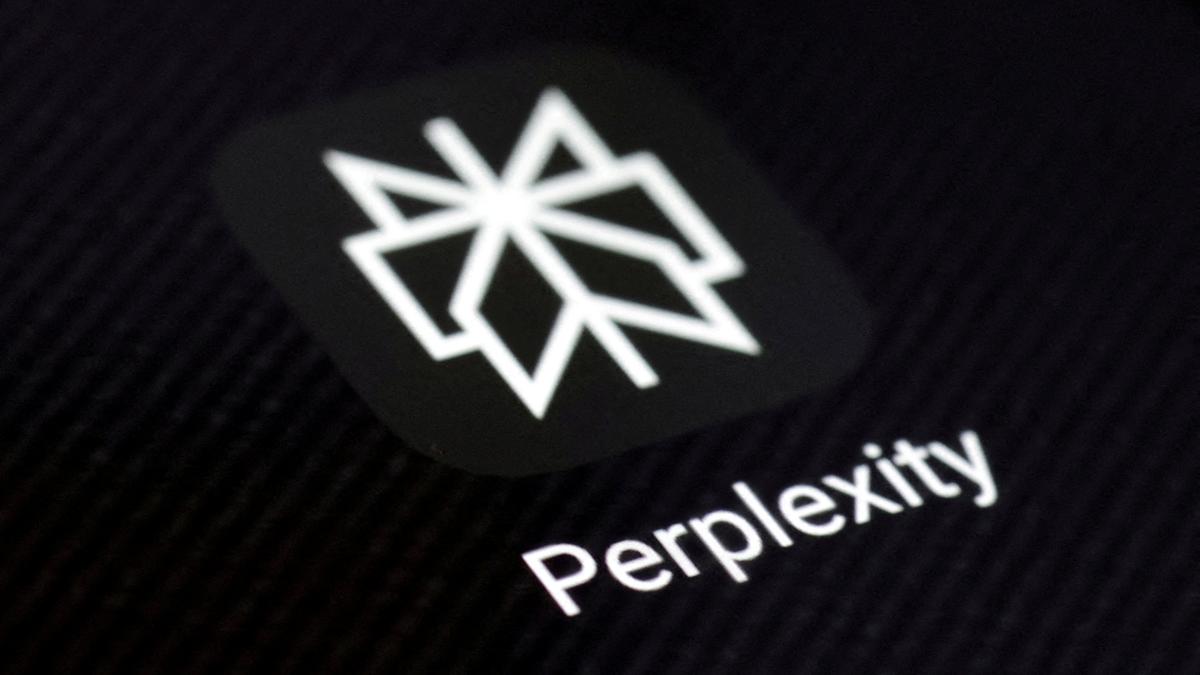Science
Perplexity AI Unveils $34.5 Billion Offer for Google Chrome

Perplexity AI has made headlines with its ambitious unsolicited bid of $34.5 billion in cash for Alphabet Inc.’s Chrome browser. This offer, which significantly exceeds the startup’s current valuation, aims to tap into Chrome’s vast user base of over three billion, positioning Perplexity to gain a competitive advantage in the increasingly crowded AI search market.
Led by Aravind Srinivas, Perplexity is no stranger to bold offers. Earlier this year, in January, the company proposed a merger with TikTok U.S. to address concerns surrounding the app’s Chinese ownership. The potential acquisition of Chrome represents a strategic move as regulatory pressures mount against Google, threatening its dominance in the search industry.
Google has not publicly responded to inquiries regarding Perplexity’s offer. The tech giant has consistently maintained that it has no plans to sell Chrome and is actively appealing a U.S. court ruling from the previous year, which determined that the company holds an unlawful monopoly in online search. The U.S. Department of Justice has requested a divestiture of Chrome as part of the ongoing antitrust case.
Despite the challenges, Perplexity has not disclosed its strategy for financing the bid. The three-year-old startup has already secured approximately $1 billion in funding from notable investors such as Nvidia and Japan’s SoftBank. Although the company’s last valuation stood at $14 billion, sources indicate that multiple funds are prepared to finance the entire deal, although specifics remain unnamed.
The rise of AI-driven search tools is shifting user preferences, and as platforms like ChatGPT gain traction, web browsers are regaining importance as crucial gateways to search traffic and valuable user data. Perplexity has already developed its own AI browser, Comet, which can perform specific tasks on behalf of users. Acquiring Chrome would enhance the startup’s ability to compete against larger rivals, including OpenAI, which has also expressed interest in acquiring the browser.
Perplexity’s bid includes commitments to maintain the underlying code of Chrome, known as Chromium, as open source, invest $3 billion over the next two years, and retain Chrome’s default search engine. This approach aims to preserve user choice while addressing potential competition concerns, according to a term sheet reviewed by Reuters.
Analysts suggest that Google is unlikely to sell Chrome and would likely engage in extensive legal battles to prevent such an outcome. The browser is integral to Google’s broader AI strategy, which includes recent innovations like AI-generated search summaries, or Overviews, designed to help maintain its market share in search.
As the situation develops, a federal judge is expected to issue a ruling on remedies related to the Google search antitrust case later this month. Meanwhile, Perplexity’s valuation for Chrome falls short of the $50 billion figure proposed by Gabriel Weinberg, CEO of rival search engine DuckDuckGo, who suggested that such a price tag could apply if Google were compelled to sell.
In addition to Perplexity and OpenAI, other entities such as Yahoo and private-equity firm Apollo Global Management have also indicated interest in acquiring Chrome, underscoring the growing competition and strategic importance of web browsers in the evolving landscape of technology and artificial intelligence.
-

 World5 months ago
World5 months agoSBI Announces QIP Floor Price at ₹811.05 Per Share
-

 Lifestyle5 months ago
Lifestyle5 months agoCept Unveils ₹3.1 Crore Urban Mobility Plan for Sustainable Growth
-

 Science4 months ago
Science4 months agoNew Blood Group Discovered in South Indian Woman at Rotary Centre
-

 World5 months ago
World5 months agoTorrential Rains Cause Flash Flooding in New York and New Jersey
-

 Top Stories5 months ago
Top Stories5 months agoKonkani Cultural Organisation to Host Pearl Jubilee in Abu Dhabi
-

 Sports4 months ago
Sports4 months agoBroad Advocates for Bowling Change Ahead of Final Test Against India
-

 Science5 months ago
Science5 months agoNothing Headphone 1 Review: A Bold Contender in Audio Design
-

 Top Stories5 months ago
Top Stories5 months agoAir India Crash Investigation Highlights Boeing Fuel Switch Concerns
-

 Business5 months ago
Business5 months agoIndian Stock Market Rebounds: Sensex and Nifty Rise After Four-Day Decline
-

 Sports4 months ago
Sports4 months agoCristian Totti Retires at 19: Pressure of Fame Takes Toll
-

 Politics5 months ago
Politics5 months agoAbandoned Doberman Finds New Home After Journey to Prague
-

 Top Stories5 months ago
Top Stories5 months agoPatna Bank Manager Abhishek Varun Found Dead in Well









